When it comes to operating a flatbed trailer, one question that frequently emerges is, “Does a flatbed trailer need insurance?” This inquiry can hinge on various factors, including the usage of the trailer, the requirements of the local jurisdiction, and the financial implications of insuring such an asset. Here, we delve into the intricacies of this topic to provide comprehensive insight and guidance for trailer owners and operators.
The Basics of Flatbed Trailers
Flatbed trailers are versatile transport vehicles used to haul a wide array of goods, from construction materials and large machinery to vehicles and agricultural produce. Their open design allows for easy loading and unloading, making them a popular choice across various industries. However, this utility comes with certain liabilities—making insurance a potential necessity.
Types of Flatbed Trailers
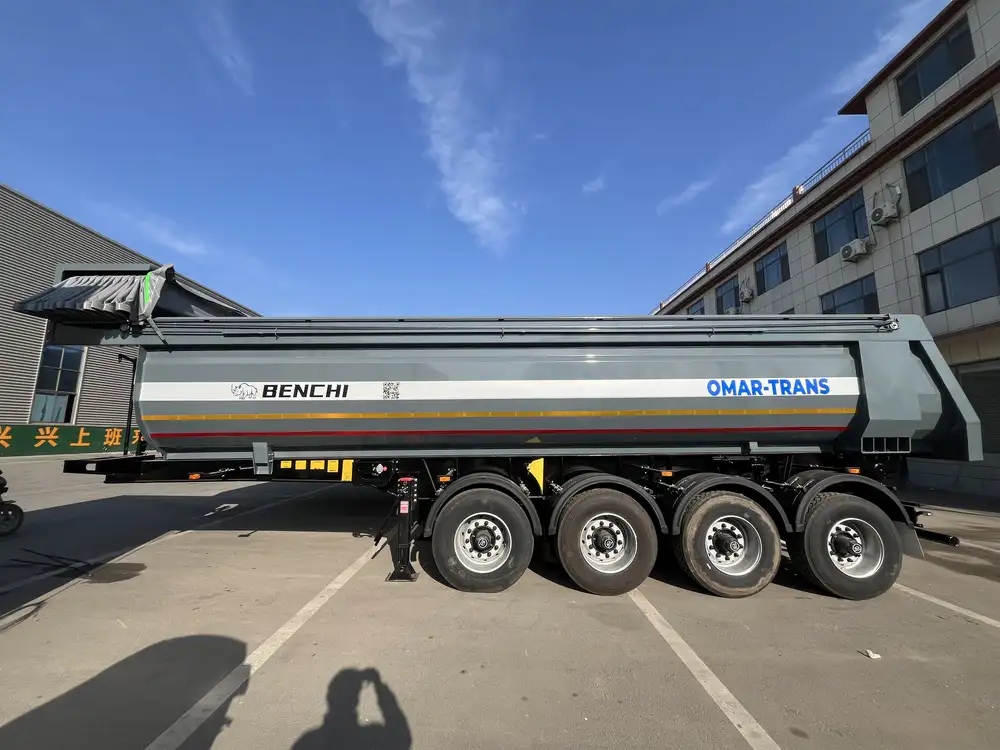
1. Standard Flatbed Trailers
- Description: Typically devoid of sides or a roof, allowing for tall or oversized loads.
- Usage: Commonly used in construction and logistics.
2. Step Deck Trailers
- Description: These trailers lower their deck height, accommodating taller items.
- Usage: Useful for transporting taller loads like machinery or large equipment.
3. Extendable Flatbed Trailers
- Description: Capable of being lengthened to carry longer cargo.
- Usage: Ideal for transporting long materials, such as steel beams or pipes.
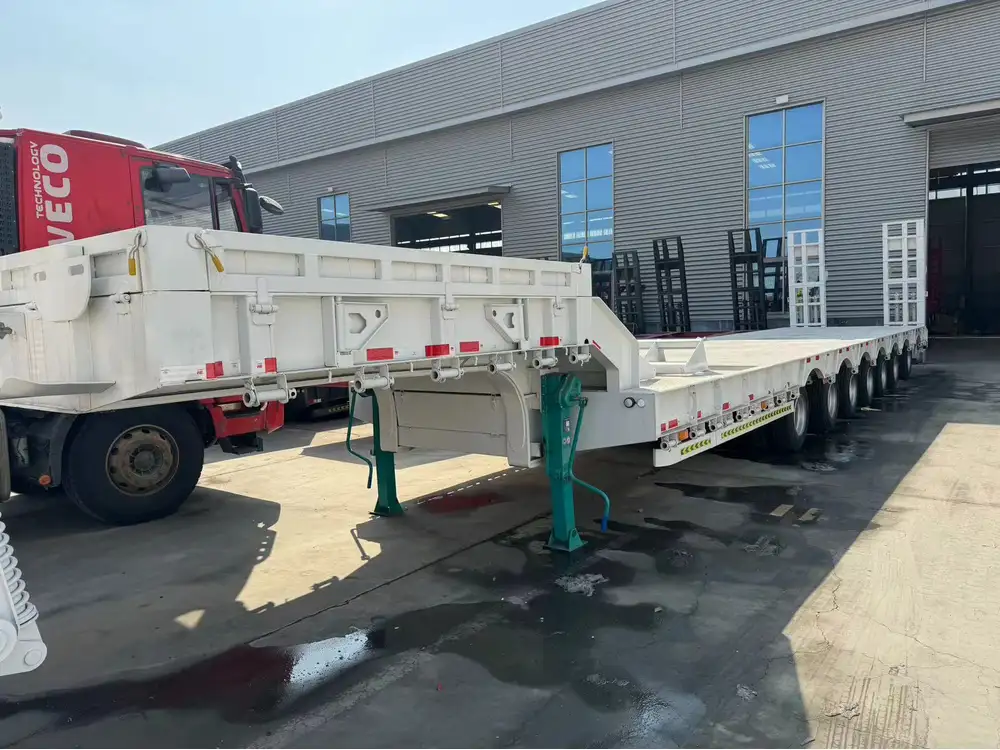
Key Benefits of Flatbed Trailers
- Flexibility in loading and unloading.
- Ability to transport oversized and irregularly shaped cargo.
- Compatibility with various types of cargo securement techniques.
Legal Requirements for Flatbed Trailer Insurance
Federal and State Regulations
Operating a flatbed trailer may require compliance with various federal and state regulations. While specific insurance requirements can differ from one state to another, federal laws mandate that commercial vehicles, including flatbed trailers used in interstate commerce, carry a minimum amount of liability insurance.

Minimum Liability Coverage
- Federal Minimum: For property damage, the minimum coverage is usually around $1,000,000, while bodily injury coverage may also reach similar figures.
- State Variance: Some states impose additional insurance requirements or greater minimums, especially for vehicles classified as commercial.
Registration and Title Considerations
In many areas, the registration of a commercial vehicle—including flatbed trailers—can depend on proof of insurance. Failure to obtain this insurance can lead to:
- Fines and penalties.
- Difficulty in registering the trailer.
- Possible loss of operational privileges.
Types of Insurance for Flatbed Trailers
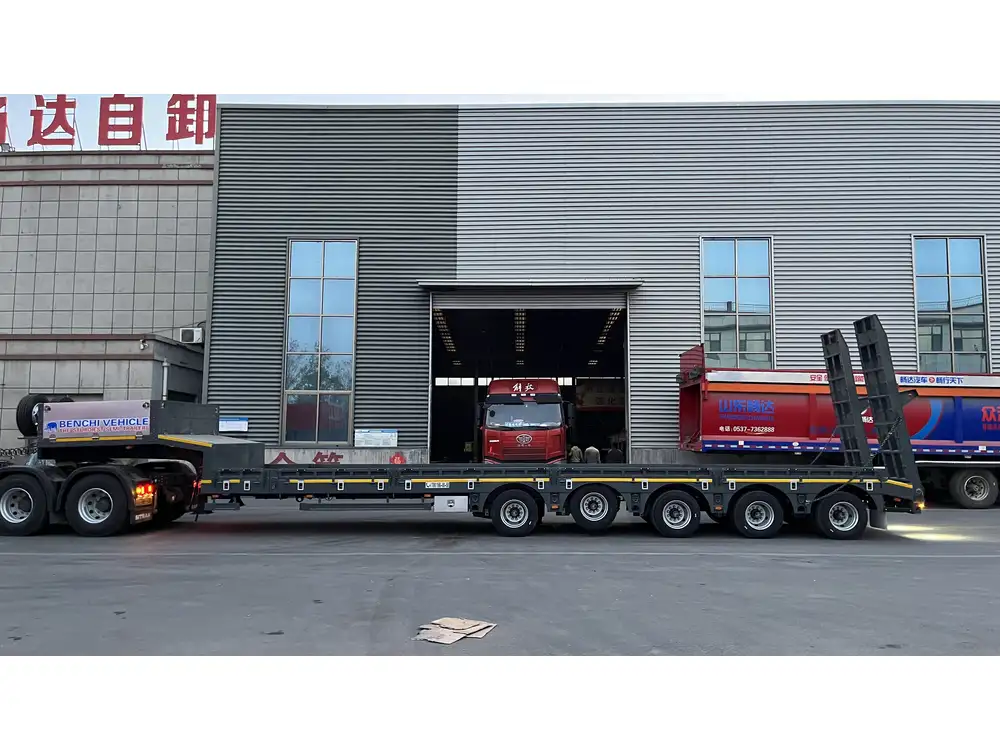
1. Liability Insurance
Liability insurance protects you against claims resulting from injuries and damages caused to other people or their property when using your flatbed trailer.
Coverage Includes:
- Bodily injury to third parties.
- Property damage.
2. Cargo Insurance
Cargo insurance protects the shipment being transported on the trailer. If goods are lost, stolen, or damaged while in transit, cargo insurance helps recover the costs.
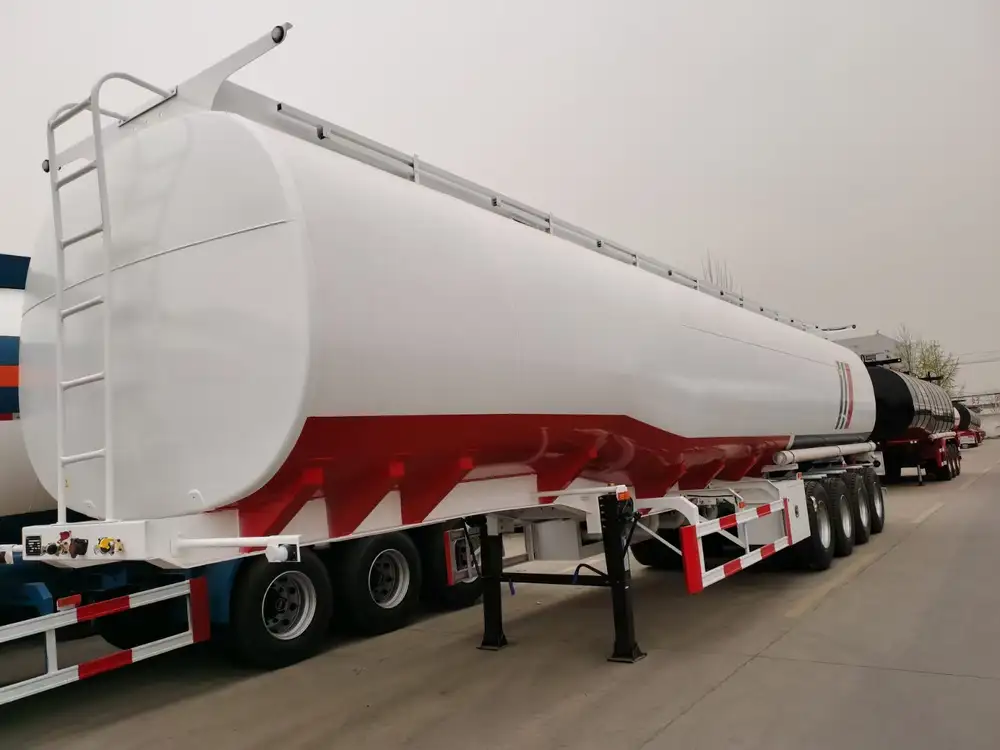
3. Physical Damage Insurance
Physical damage insurance covers repairs or replacement of the flatbed trailer itself if it suffers damage due to accidents, theft, or acts of nature.
4. Comprehensive Insurance
This provides coverage against various risks, including fire, theft, vandalism, and damages from natural disasters.
5. Uninsured/Underinsured Motorist Coverage
This insurance protects you if you are involved in an accident with a driver who has inadequate or no insurance.

6. General Liability Insurance
Beyond the trailer, general liability insurance provides coverage against claims of bodily injury and property damage that might occur during operations.
Determining the Need for Flatbed Trailer Insurance
Usage of the Flatbed Trailer
The necessity for insurance largely depends on how the flatbed trailer is utilized:
- Commercial Use: If the trailer is employed for business purposes, securing insurance is generally a requisite.
- Personal Use: While it may not always be mandated, personal use still has risks that warrant consideration of insurance.
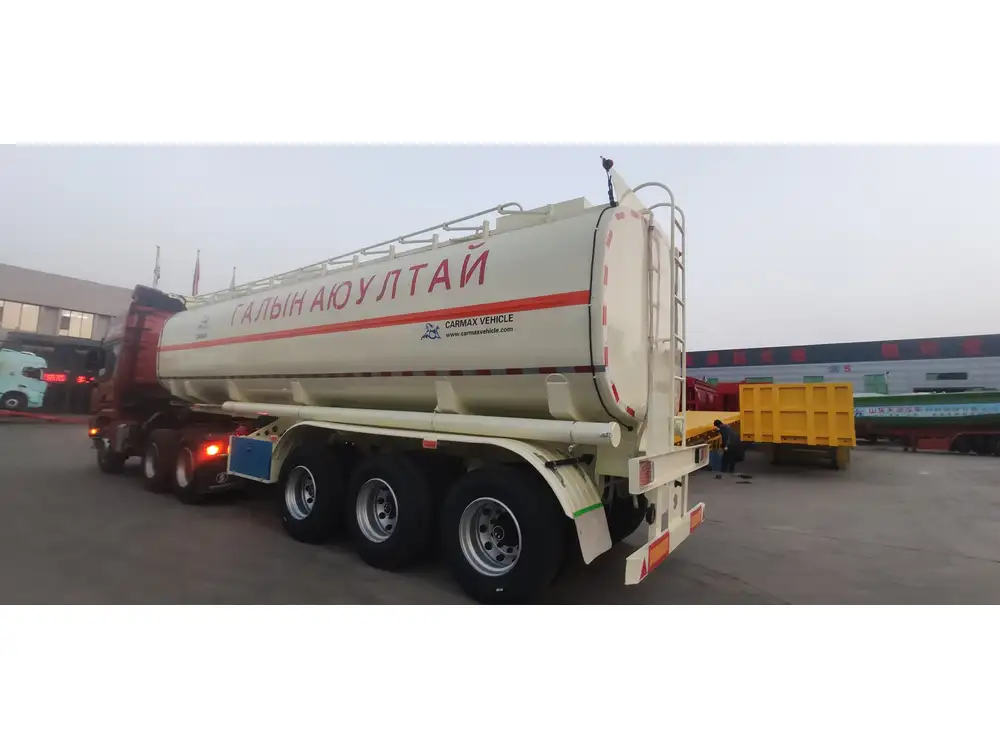
Risk Assessment
Conducting a risk assessment involves identifying potential threats and hazards associated with flatbed trailer operations, such as:
- Road accidents.
- Cargo theft.
- Weather-related damage.
Financial Implications of Not Insuring Your Flatbed Trailer
Cost of Repairs and Liability
Operating without insurance may initially seem as a cost-saving measure, but the potential financial outlay due to unforeseen incidents can be detrimental. Scenarios to consider include:
- Accident Liability: Being held liable for damages or injuries from an accident can result in crippling debt.
- Cargo Damage: If securement fails and cargo is damaged, compensation claims can eat away at profits.

Legal Consequences
The legal repercussions of operating an uninsured flatbed trailer can lead to:
- Heavy fines and sanctions.
- Legal action from injured parties.
- Increased insurance premiums in the future.
Choosing the Right Insurance Policy
Factors to Consider
- Value of the Trailer and Cargo: Higher value items may necessitate greater coverage.
- Type of Cargo Carried: Hazardous materials may require specialized coverage.
- Historical Usage Patterns: Past claims history can influence risk assessment.

Researching Insurance Providers
When choosing an insurance provider, it’s prudent to:
- Compare quotes.
- Assess coverage options and policies.
- Look into customer reviews and service reputations.
Working with Insurance Agents
Using an experienced insurance agent can streamline the process, as they can:
- Assist in identifying the right coverage for specific needs.
- Help navigate the complexities of policies and regulations.
Conclusion
In summation, while it may not be a legal requirement to insure a flatbed trailer used for personal purposes, it is judicious to consider the numerous benefits that come with having proper insurance. Protecting against potential liabilities, damages, and financial fallout creates a safer environment for both operators and the goods being transported. By thoroughly understanding the types of coverage available and selecting a policy that meets your unique needs, flatbed trailer operators can ensure a secure and financially sound operation.
| Type of Insurance | Coverage | Ideal For |
|---|---|---|
| Liability Insurance | Bodily injury/property damage to third parties | All trailer owners |
| Cargo Insurance | Protection against damaged/lost goods | Commercial transporters |
| Physical Damage Insurance | Repairs for your trailer | All trailer owners |
| Comprehensive Insurance | Covers fire, theft, vandalism | Owners in high-risk areas |
| General Liability Insurance | Covers injury/property damage from operations | Businesses operating trailers |
The landscape of trailer insurance can be complicated, but with the right information and guidance, navigating this terrain becomes much more manageable. Investing in proper insurance not only fosters peace of mind but also reinforces a commitment to responsible and safe operations.



